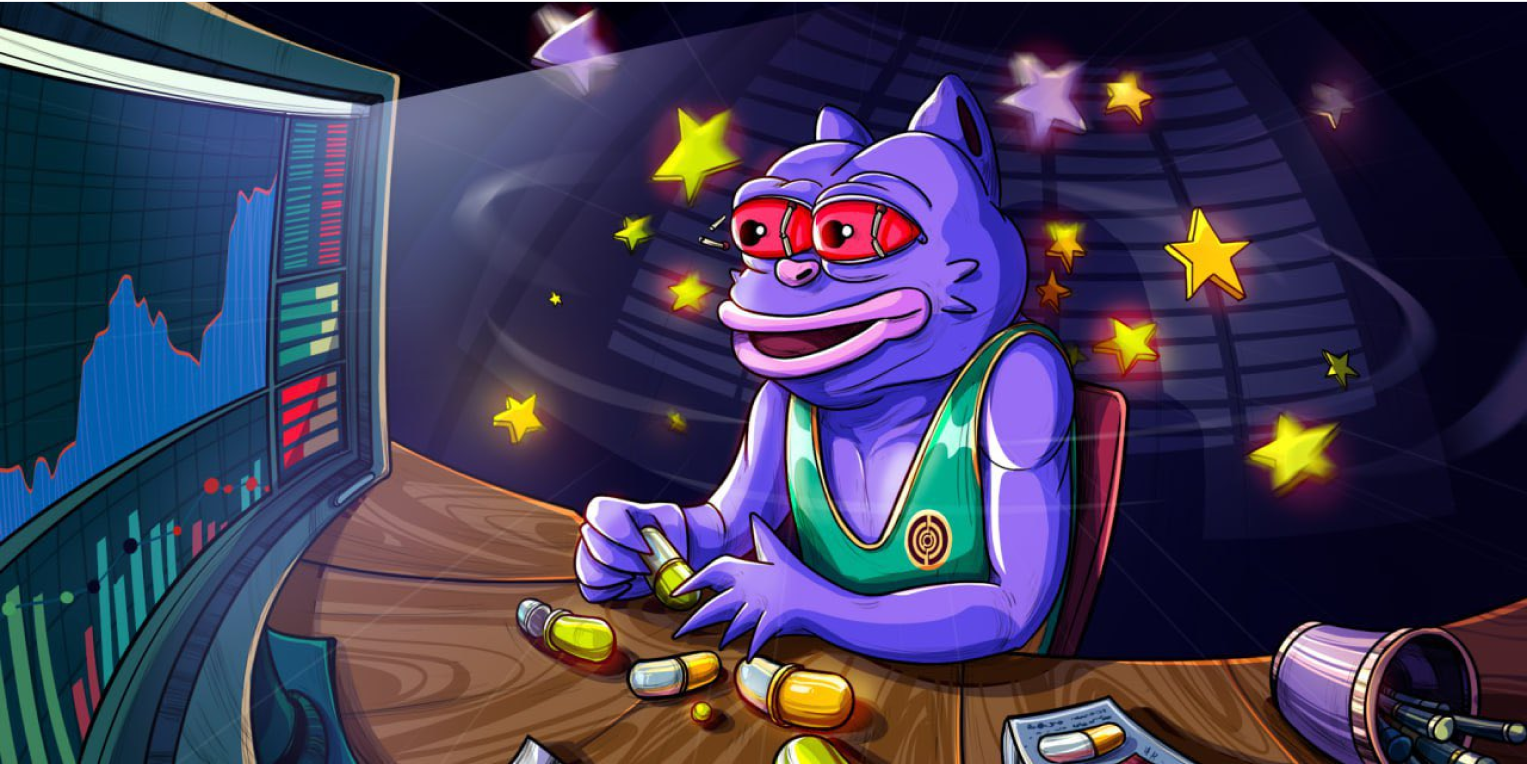FAQ
FAQ
Frequently asked questions about the project and governance.
What are the trading fees on Hubble Exchange?
Hubble Exchange offers a 0.5 BPS (Basis Points) / 0.005% reward on Limit Orders, so you’ll actually earn fees on maker orders. On market orders, Hubble Exchange charges a 0.040% fee. If you apply a referral code to your account, you’ll be eligible for a discount.
What is the Bug Bounty program?
The Bug Bounty program incentivizes the identification and reporting of bugs and vulnerabilities. Users can earn up to $200,000 by participating in this program.
How can I become a validator on Hubble Exchange?
Decentralizing the validator set is a priority for Hubble Exchange. At the moment, validating is permissioned and available only to a handful of launch partners, such as BENQI, GoGoPool and Eden Network. In the future, as we make progress towards decentralizing the validator set and opening it up to more validators, more details will be released on how you can participate as a validator.
How does the Decentralized Limit Order Book and Matching Engine work?
In Hubble Exchange, the Decentralized Limit Order Book and Matching Engine are embedded within the block-building process of the app-chain. As users place orders, the orders are confirmed and indexed locally in the validator node, which also maintains all information about open positions, margins, pending funding, and margin ratio.
When a validator is selected as the block producer, the buildBlock function fetches active markets and open orders from the indexer, evaluates open positions for potential liquidations, runs the matching engine, and then relays these operations as local transactions before continuing the normal transaction bundling process.
This system ensures that order matching is as decentralized as the validator set of the hubblenet, resulting in a truly decentralized trading experience.
When a validator is selected as the block producer, the buildBlock function fetches active markets and open orders from the indexer, evaluates open positions for potential liquidations, runs the matching engine, and then relays these operations as local transactions before continuing the normal transaction bundling process.
This system ensures that order matching is as decentralized as the validator set of the hubblenet, resulting in a truly decentralized trading experience.
Can you explain what Stateful Precompiles are and how they are used in Hubblenet?
Stateful Precompiles are a feature introduced by Avalanche that adds state access to Ethereums precompiles concept. Precompiles are used to efficiently implement cryptographic operations within the Ethereum Virtual Machine (EVM) rather than re-implementing these operations in Solidity. Stateful Precompiles go a step further, providing direct reads and writes to LevelDB, the database that powers Ethereum and most other EVM-based chains.
In Hubble Exchange, stateful precompiles are used to move the most computationally complex parts of a multi-collateral and cross-margin exchange to a more efficient processing layer. They help in ensuring that the gas requirements for various operations, like placing orders, matching orders, performing liquidations, remain constant even as new markets or collaterals are added, thus contributing to the overall performance and efficiency of Hubblenet.
In Hubble Exchange, stateful precompiles are used to move the most computationally complex parts of a multi-collateral and cross-margin exchange to a more efficient processing layer. They help in ensuring that the gas requirements for various operations, like placing orders, matching orders, performing liquidations, remain constant even as new markets or collaterals are added, thus contributing to the overall performance and efficiency of Hubblenet.
Why Purpose Build an App-Chain for Perps?
Using an application-specific blockchain, Hubble Exchange achieves the following objectives:
- It improves throughput and reduces transaction costs by optimizing the blockchain specifically for perpetuals.
- It decentralizes the matching engine, leading to the creation of a Decentralized Limit Order Book (DLOB).
- By using USDC as the gas token, the process of onboarding from centralized exchanges and other blockchains becomes much more frictionless.



